-

methyl 4-oxo-3,4-dihydroquinazoline-7-carboxylate CAS:313535-84-1
Methyl 4-oxo-3,4-dihydroquinazoline-7-carboxylate is a valuable building block in organic synthesis, known for its role in the preparation of diverse pharmaceutical compounds. This compound’s unique quinazoline core and carboxylate functionality make it an essential intermediate for medicinal chemistry and drug development. With high purity and consistency, it serves as a reliable foundation for the creation of biologically active molecules.
-
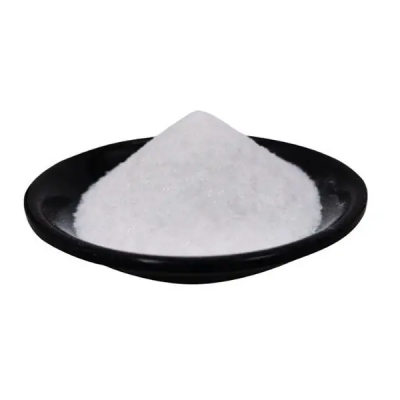
L-Tryptophan CAS:73-22-3
L-Tryptophan is an essential amino acid vital for protein synthesis, serotonin production, and overall metabolic function within the human body. As one of the nine essential amino acids, L-tryptophan cannot be synthesized by the body and must be obtained through dietary sources or supplements. Its molecular structure and role in supporting mood regulation, sleep quality, and neurotransmitter synthesis make it crucial for various physiological processes.
-
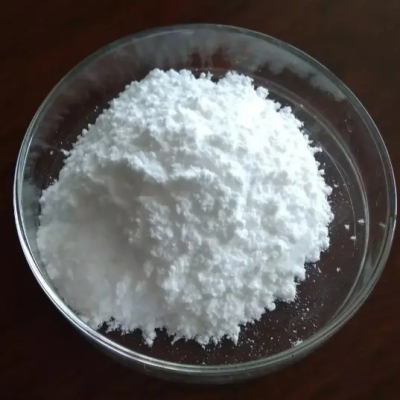
L-Serine CAS:56-45-1
L-Serine is a non-essential amino acid crucial for the biosynthesis of proteins, phospholipids, and overall physiological function within the human body. As a precursor to other important molecules, L-serine plays a vital role in cell signaling, neurotransmitter production, and immune system modulation. Its molecular structure and involvement in various metabolic pathways underscore its significance in supporting diverse physiological functions.
-
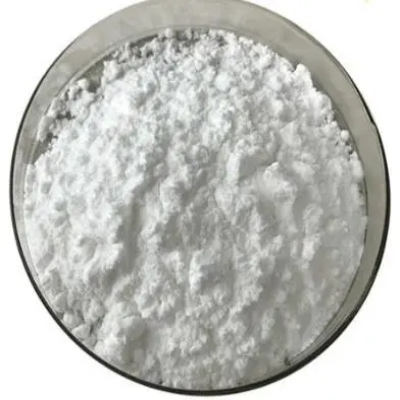
Polyvinyl alcohol CAS:25213-24-5
Polyvinyl alcohol (PVA) is a water-soluble synthetic polymer renowned for its versatility and wide-ranging applications. This biodegradable, non-toxic polymer is produced by the hydrolysis of polyvinyl acetate, resulting in a material with excellent film-forming, adhesive, and emulsifying properties. PVA’s molecular structure and chemical characteristics make it an essential component in industries such as adhesives, textiles, paper production, and as a component in various coatings and films.
-
![(1S,5R,6S)-Ethyl5-(pentan-3-yl-oxy)-7-oxa-bicyclo[4.1.0]hept-3-ene-3-carboxylate CAS:204254-96-6](https://cdn.globalso.com/xindaobiotech/6FOL1BS0UMD0X9Z40249.png)
(1S,5R,6S)-Ethyl5-(pentan-3-yl-oxy)-7-oxa-bicyclo[4.1.0]hept-3-ene-3-carboxylate CAS:204254-96-6
(1S,5R,6S)-Ethyl 5-(pentan-3-yl-oxy)-7-oxa-bicyclo[4.1.0]hept-3-ene-3-carboxylate is a multifunctional compound known for its versatile applications. With distinct structural characteristics, it is utilized in organic synthesis, pharmaceutical research, and materials science, making it an essential component in various scientific and industrial processes.
-
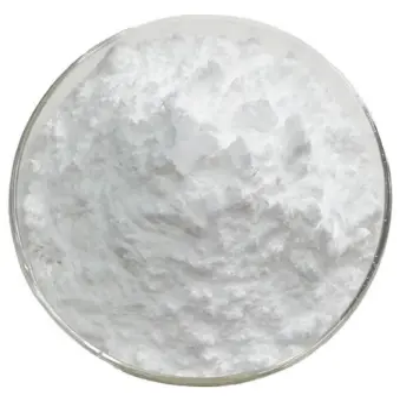
L-Valine CAS:72-18-4
L-Valine is an essential branched-chain amino acid (BCAA) vital for protein synthesis, muscle metabolism, and overall physiological function within the human body. As one of the nine essential amino acids, L-valine cannot be produced by the body and must be acquired through dietary sources or supplements. Its molecular structure and role in supporting muscle tissue, energy production, and cognitive function underscore its significance in various metabolic processes.
-
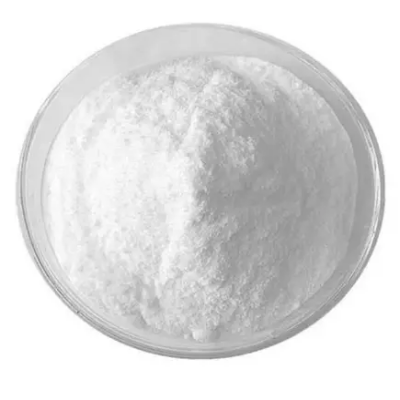
L-Threonine CAS:72-19-5
L-Threonine is an essential amino acid vital for protein synthesis, immune function, and overall metabolic processes within the human body. As one of the nine essential amino acids, L-threonine cannot be synthesized by the body and must be obtained through dietary sources or supplements. Its molecular structure and role in supporting tissue repair, antibody production, and neurological health make it crucial for various physiological functions.
-
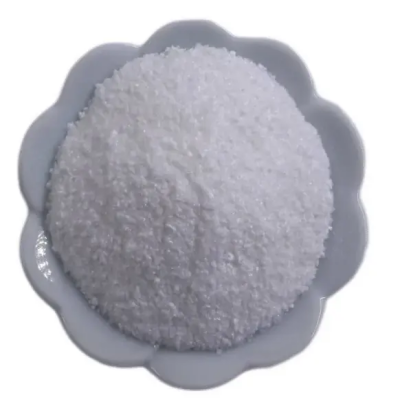
L-Lysine HCL/Base/Acetate CAS:56-87-1
L-Lysine, available as L-Lysine HCl (hydrochloride), L-Lysine base, and L-Lysine acetate, is an essential amino acid crucial for protein synthesis, tissue repair, and overall metabolic function in the human body. As one of the nine essential amino acids, L-lysine cannot be synthesized by the body and must be obtained through dietary sources or supplements. Its molecular structure and role in supporting collagen production, immune function, and nutrient absorption make it indispensable for various physiological processes.
-
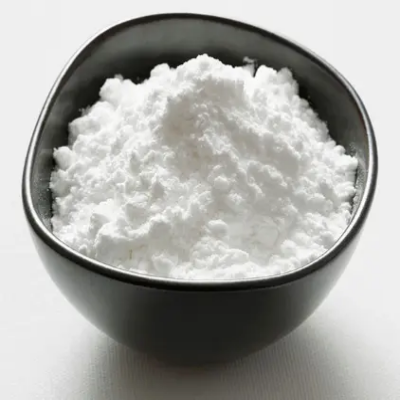
L-Proline CAS:147-85-3
L-Proline is a non-essential amino acid crucial for collagen synthesis, connective tissue maintenance, and overall physiological function within the human body. As a major component of structural proteins, L-proline plays a vital role in supporting skin elasticity, joint health, and tissue repair. Its molecular structure and involvement in various metabolic pathways underscore its significance in promoting diverse physiological functions.
-
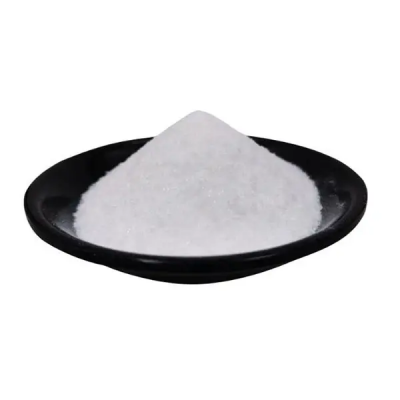
L-Ornithine HCL/Base CAS:70-26-8
L-Ornithine, available as L-Ornithine HCl (hydrochloride) or L-Ornithine base, is a non-proteinogenic amino acid crucial for the urea cycle, ammonia detoxification, and overall physiological function within the human body. As a key player in the elimination of ammonia, L-ornithine plays a vital role in supporting liver function, detoxification processes, and metabolic balance. Its molecular structure and involvement in various metabolic pathways underscore its significance in promoting diverse physiological functions.
-
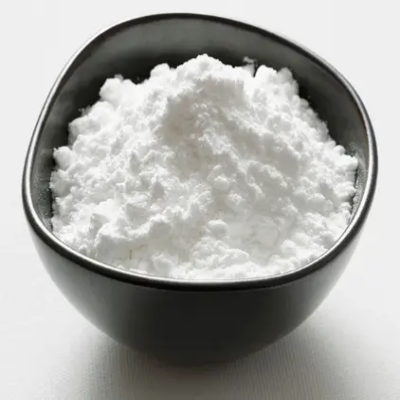
L-Isoleucine CAS:73-32-5
L-Isoleucine is an essential branched-chain amino acid (BCAA) crucial for protein synthesis, energy production, and overall metabolic function within the human body. As one of the nine essential amino acids, L-isoleucine cannot be synthesized by the body and must be obtained through dietary sources or supplements. Its molecular structure and role in supporting muscle tissue, immune function, and hemoglobin production make it vital for various physiological processes.
-
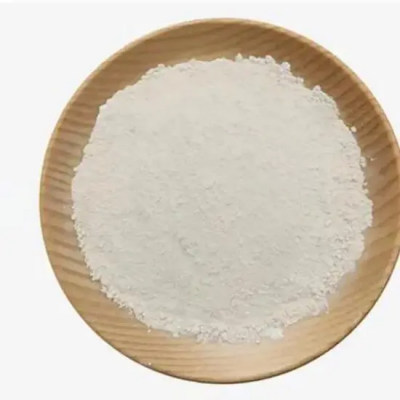
L-Phenylalanine CAS:3617-44-5
L-Phenylalanine is an essential amino acid crucial for protein synthesis, neurotransmitter production, and overall metabolic function within the human body. As one of the nine essential amino acids, L-phenylalanine cannot be synthesized by the body and must be obtained through dietary sources or supplements. Its molecular structure and role in supporting cognitive function, mood regulation, and neurotransmitter balance make it indispensable for various physiological processes.

